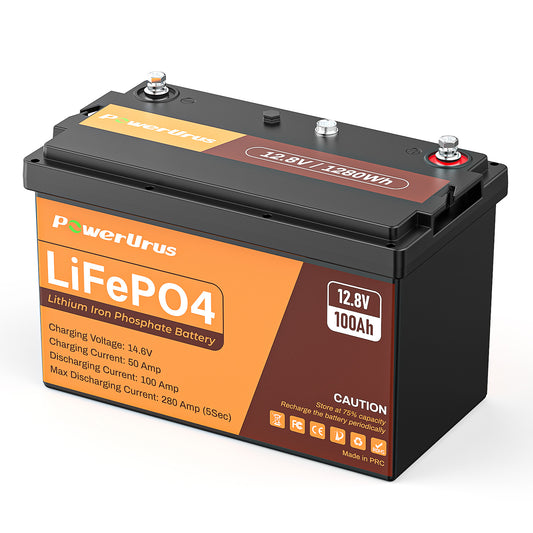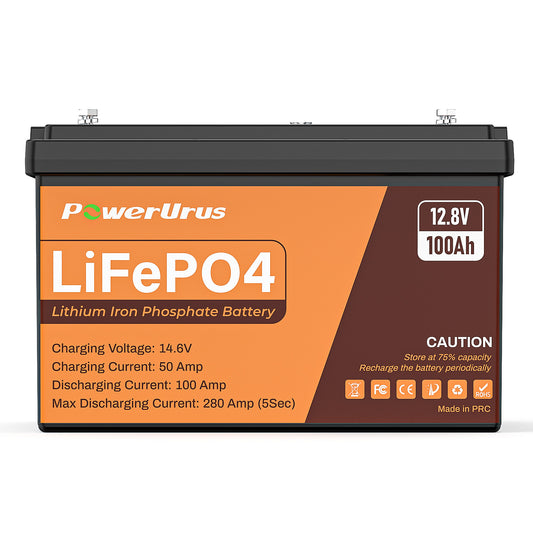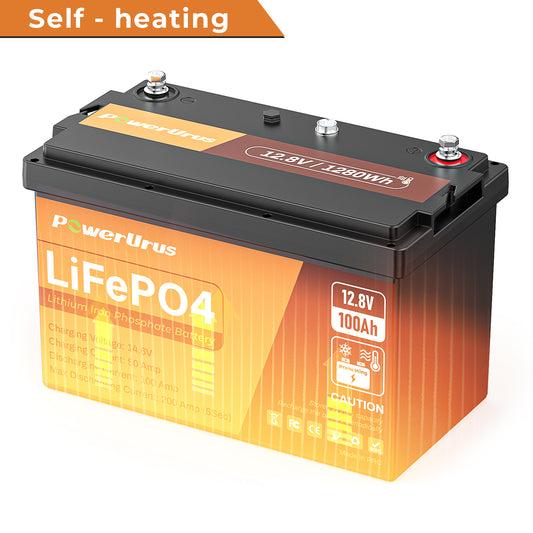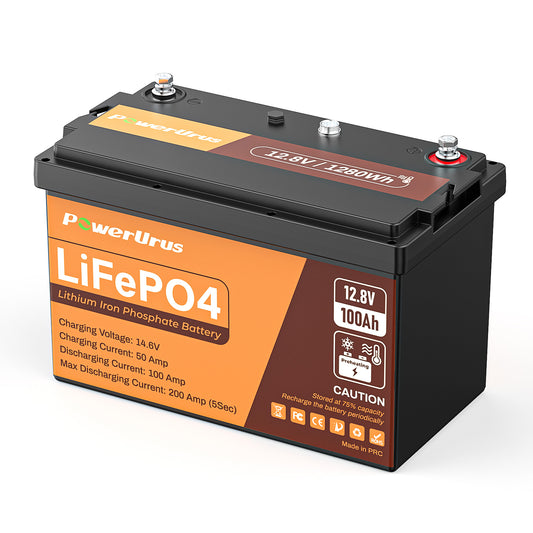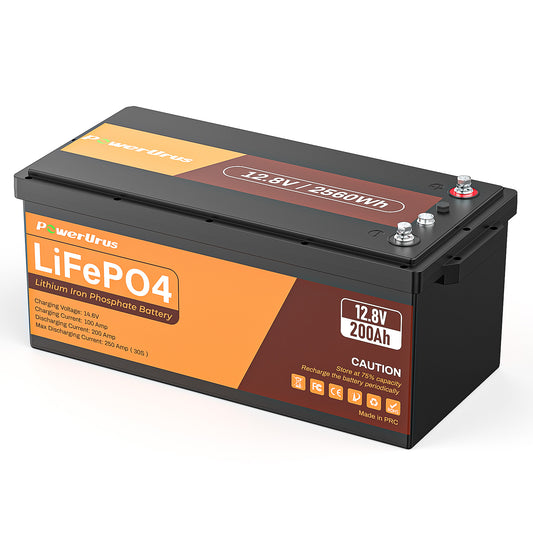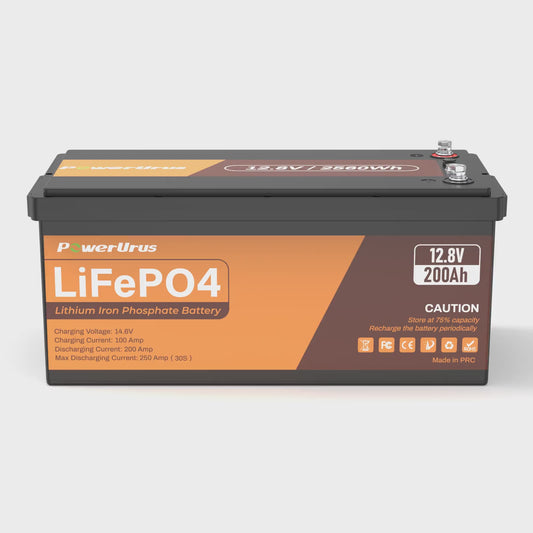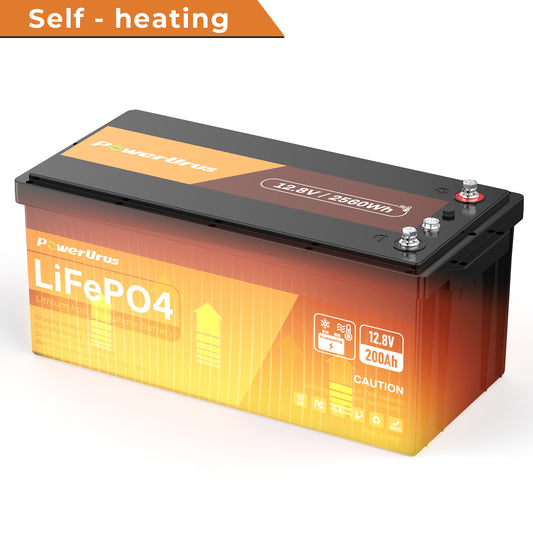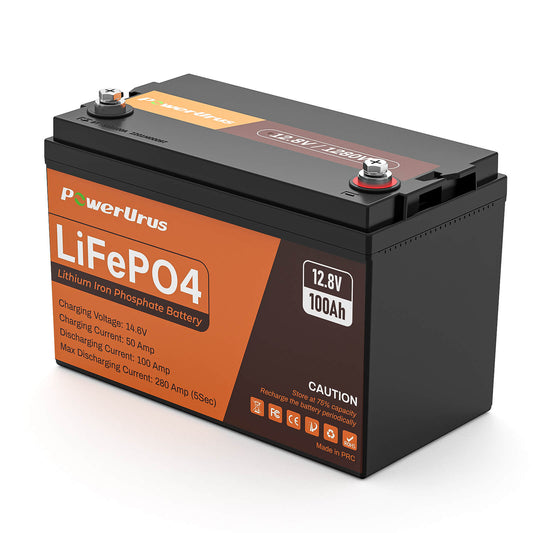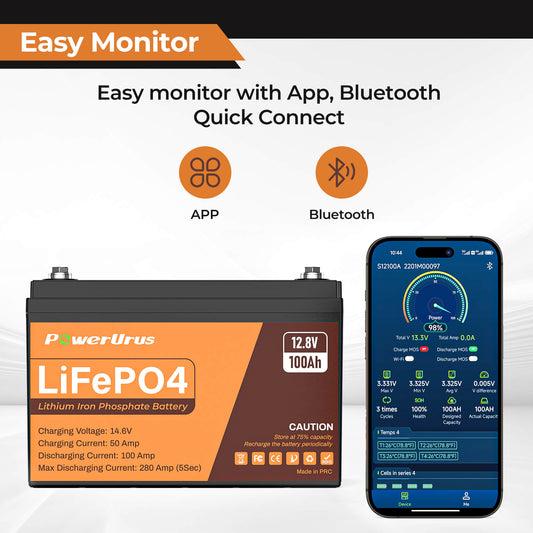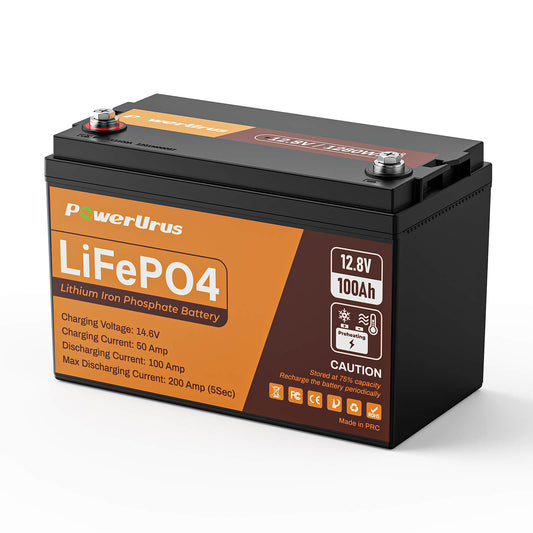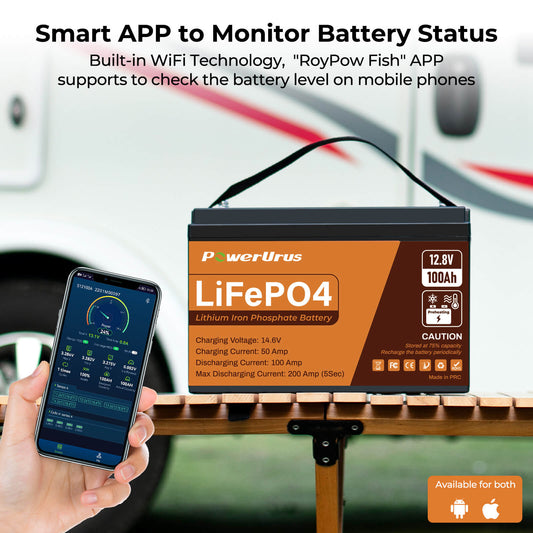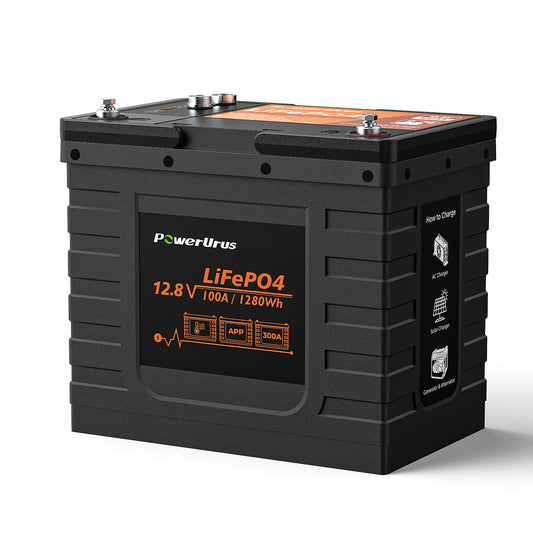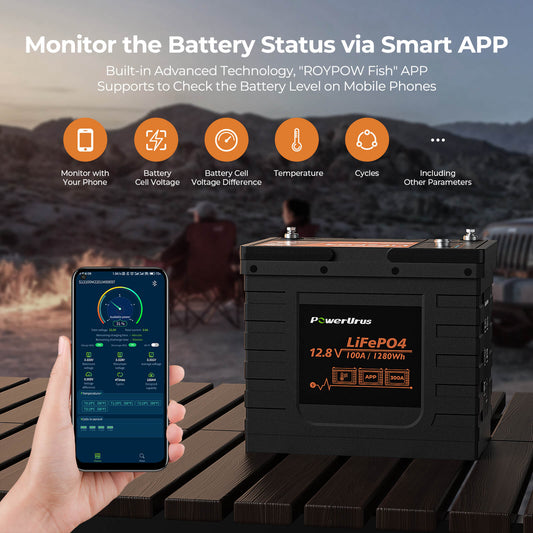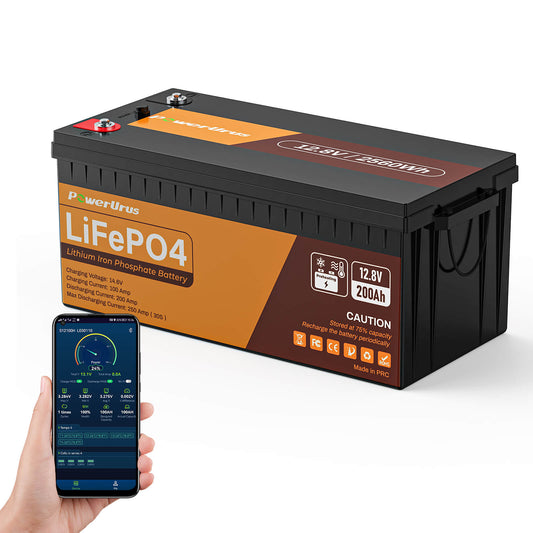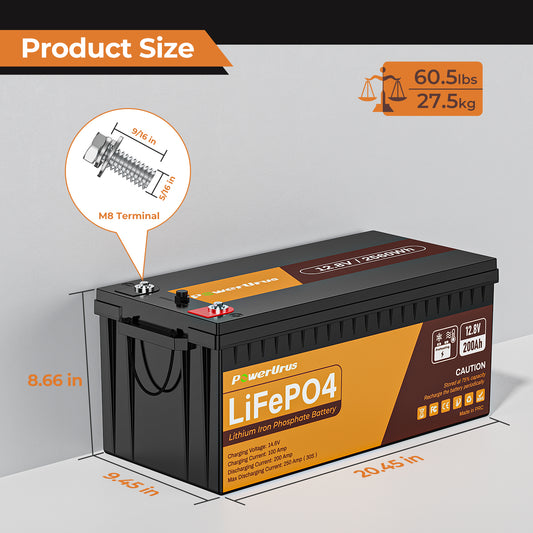How Many Watts Does an RV Refrigerator Consume, and How Long Can a 12V 100Ah Battery Last?
Understanding your RV refrigerator's power use is key to managing battery life, especially when camping off-grid. Here's a breakdown:
RV Refrigerator Power Consumption
Most RV refrigerators are absorption-style (common in older models) or compressor-style (modern, energy-efficient units). Their wattage varies:
- Absorption Fridge (Electric Mode): Draws 300–400 watts when heating elements are active, but cycles on/off, averaging 100–200 watts per hour.
- Compressor Fridge: Runs more efficiently, using 60–120 watts while running and cycling less frequently.
Battery Life Calculation
A 12V 100Ah battery holds 1,200 watt-hours of energy (12V × 100Ah). However, lead-acid batteries should not be discharged beyond 50% to avoid damage, leaving 600 usable watt-hours. Lithium batteries can safely discharge 80–90%, offering 960–1,080 watt-hours.
Example:
- A compressor fridge drawing 100 watts while running (and operating 40% of the time due to cycling) consumes ~40 watts per hour.
- Lead-Acid Battery: 600Wh ÷ 40W = 15 hours.
- Lithium Battery: 960Wh ÷ 40W = 24 hours.
Real-World Factors
- Ambient Temperature: Heat increases fridge runtime.
- Door Openings: Frequent access raises power use.
- Battery Efficiency: Voltage drop and inverter losses (if used) reduce runtime.
Maximizing Battery Life
- Use propane mode for absorption fridges when possible.
- Upgrade to a lithium battery and compressor fridge for efficiency.
- Pair with solar panels or a generator for extended off-grid stays.
Final Tip: A 12V 100Ah battery alone won't power a fridge long-term. Plan for supplemental charging to keep your food cold and your adventures uninterrupted!

